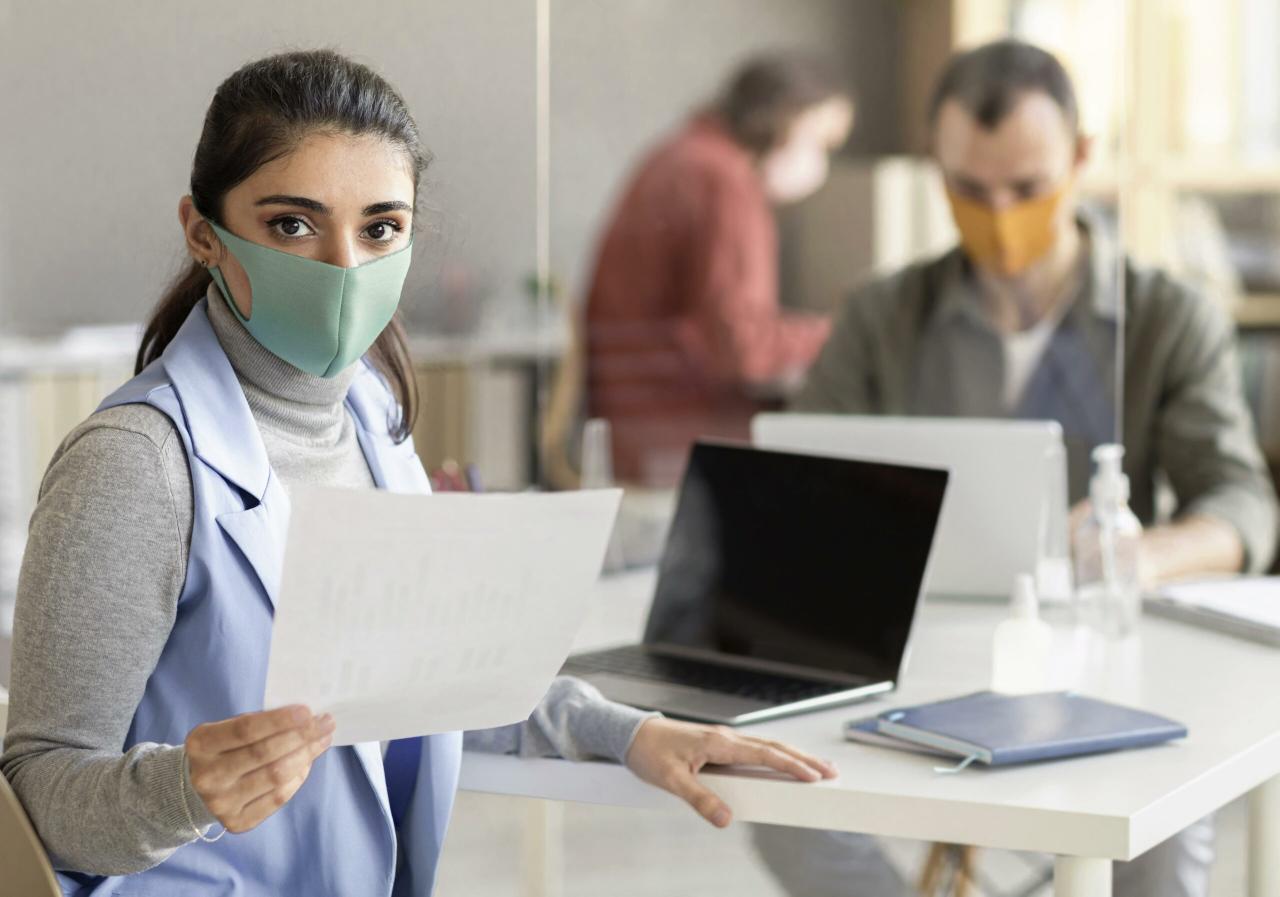
India has made significant progress in its COVID-19 vaccination drive and has witnessed a decline in new infections and deaths. As of 18th October 2021, the country has crossed the 100 crore mark in COVID-19 vaccinations. The active cases have decreased to their lowest in 227 days, and the recovery rate is at its highest since March 2020, standing at 98.12 percent. While the fear of a third wave persists, the pace of vaccination and declining COVID-19 cases has resulted in a positive sentiment in the market and corporate world.
Fear of a Third Wave?
The fear of a third wave looms despite the decrease in new infections and deaths. As businesses prepare to call employees back to the workplace and states reopen schools and educational institutions, there is concern about the potential for a resurgence of COVID-19. The evolving nature of the virus and the unvaccinated population, particularly children under 18 years of age, are contributing factors to the apprehension of a third wave. Additionally, the shortage of vaccines has left a significant portion of the population partially or fully unvaccinated, further adding to the risk of a resurgence.
The Role of UVGI in Preventing Future COVID Attacks
There is growing evidence that the SARS-CoV-2 virus, which causes COVID-19, is primarily transmitted through the air. As a result, there is an increasing need for effective measures to control the spread of airborne viruses in indoor environments. Ultraviolet germicidal irradiation (UVGI) has emerged as a reliable and cost-effective tool to combat infectious aerosols in buildings. Health organizations such as the CDC, ASHRAE, and OSHA recommend the use of UVGI air disinfection as part of a layered approach to protect building occupants from infectious aerosols. Studies have demonstrated the effectiveness of UV light, particularly in the UVC range, in destroying SARS-CoV-2 viruses.


